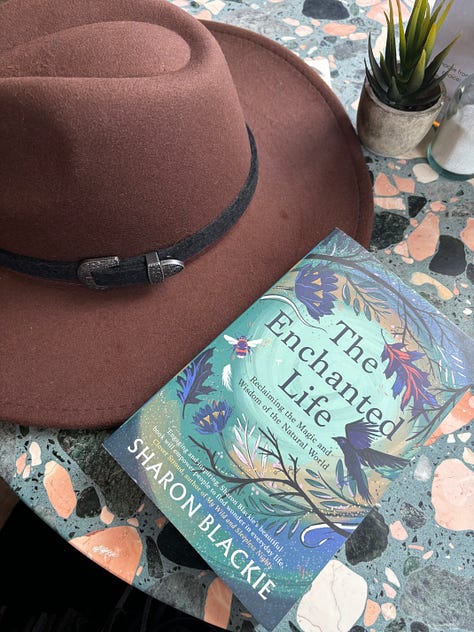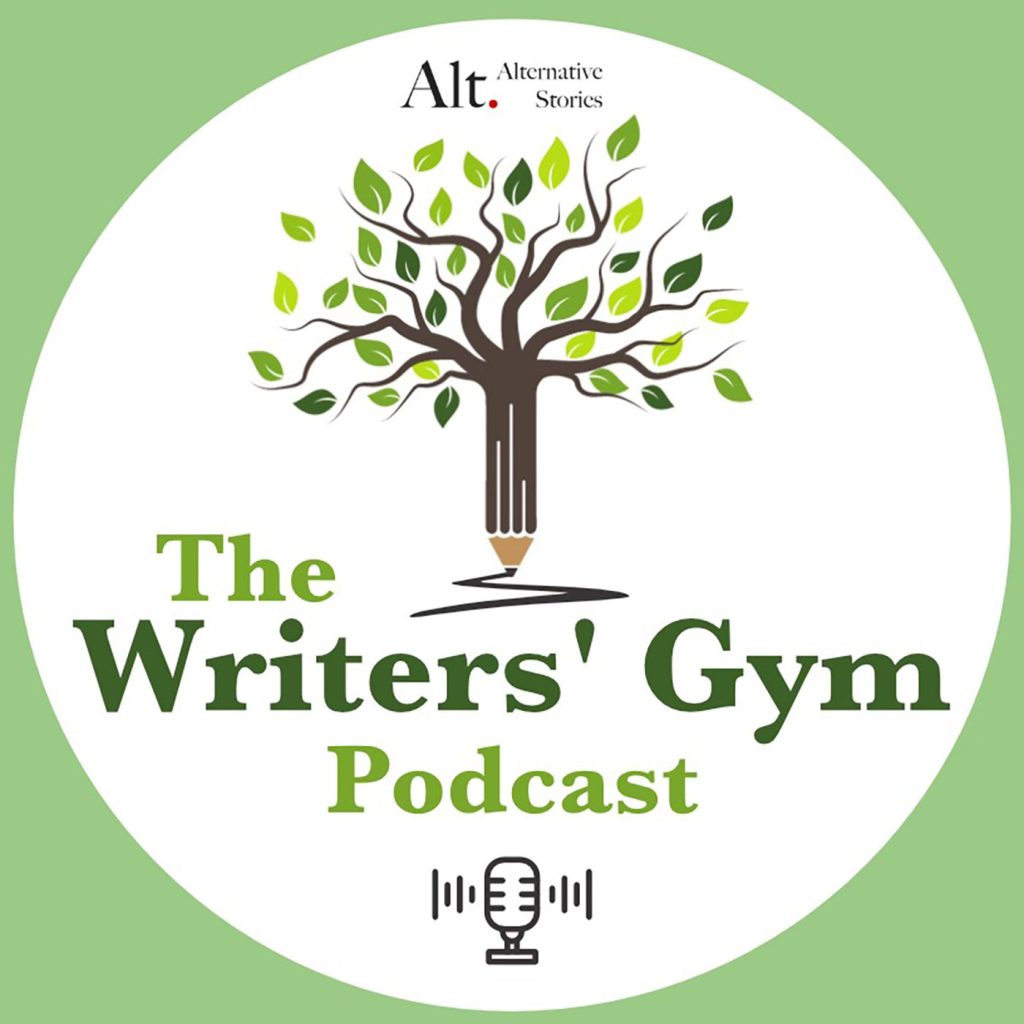…even when you’ve never met them.
Of all the people I never met, I took David Bowie’s death the hardest.
I’m far from alone in this – and far from alone in never having met him – and my reaction was (is) ‘only’ that of a fan. I had a big go at myself for that as I sat on the bathroom floor having received the news in two practically simultaneous text messages, from my oldest friend from primary school and my very new not-yet partner. What right, I accused rather than asked myself, did I have for this grief for someone I’d never met? Sitting there, I did what I had so often done and have often continued to do when confronted with the evidence of terrible things out of my control: I made a promise about what I could control.
Never again, I promised/ordered myself and David Bowi on that bathroom floor that morning of 11 January as the news hit the UK, never ever again be so $%&£ing stupid as to not see your favourite artists in concert. Because this is the only way you’ll find out how much it matters.
So it was with a sense of shame upstaged only by irony at Writing Room Extra on the morning of Friday 12 July that I heard a Writers’ Gym member was seeing Stevie Nicks in Hyde Park that night.
‘Give her my undying love!’ I said.
‘Why aren’t you going too?’ asked that Writers’ Gym member.
Because money, I said. Because time…
Nope.
Because, I realised, the ‘logic’ that had stopped me seeing Bowie was still ruling the boardroom in my mind. We’ve all got one – the people whose opinions have counted in childhood, in previous jobs and relationships, whether we still agree with half of what they say or don’t. Mine didn’t just say things like ‘money’ and ‘time’. They said (rightly) I’m bad at huge crowds, they said (rightly) I’d be either so far away I couldn’t see her except on screens I could watch at home, and/or be so uncomfortable I wouldn’t be fully present anyway so might as well watch at home – or they’ll see the higher price bands, the ones where you can do things like sit down and see the stage, and say other things instead about morals and savings and ethics and capitalism and I realised I’d almost failed to see Stevie Nicks as a result of the yells across the boardroom table, in spite of the promise I made myself and David Bowie.
When I saw Stevie on stage that night (THANK YOU to that Writers’ Gym member and her mastery of affordable last minute ticket websites!), Stevie spoke of Christine McVie, her fellow Fleetwood Mac singer, her best friend, whose eighty-second birthday this would have been. She also spoke with something approaching apology about bringing back ‘the capes’, each of which got as much of a cheer as she did not because of any frivolousness as I might once have thought before I discovered the power of showing up looking and feeling like yourself, but the completeness of the experience, that who we are we remain, and grow, and that there is no age limit or permission to showing up as yourself. If the world thinks otherwise, it’s our job to show it differently.
Stevie spoke of how performing, of this ritual of us all coming together, performer and audience, makes whatever sense is going to be made of the loss; our witnessing of each other bringing whatever meaning is going to be found.
The boardroom in my head are right about money. They’re right about time. Those things are important. But saving money and time only make sense if I’m clear about knowing what, in the end, matters and will go on mattering. If I hadn’t made a promise to David Bowie that I’d show up for the remainder of my A list, whether I call it showing up to them for myself (hearing what Stevie said, I think more than ever that it’s both), even with that last minute ‘sign’ I chose to take in the Writing Room I would have done the ‘sensible’ thing instead of the ‘authentic’ thing. Both are the ‘right’ choice by their own rules. Neither is wrong. But one lasts forever.
From showing up for a gig to pressing ‘like’ on a post that means something to us, we add something to our life, to our tribe, to the truth that the relationship between performer and audience was never one-way. We create our reader/listener in our head first and they are as real as us, as ready for our idea as we are to share it. If you’re prepared to show up as a writer, show up as a reader. We are all connected and we are all more ourselves for knowing each other are there.
I never met David Bowie. I’ll never, I expect, meet Stevie Nicks. But I will show up, and know the new-sayers at the boardroom table in my head are not my bosses. It’s my table they’re around. The final decision is mine, and having made my promise to David Bowie/myself on the bathroom floor in 2016, I know that it matters to show up for what inspires you, what reminds you of something that matters in your own life ingredients, and sometimes the ‘right’ answer is not what is sensible today but what is true for always.
What’s the best authentic not sensible showing up you’ve done for yourself?
What’s the best one you’re going to do?
The Boardroom
Who is around the table of the board of directors in your head?
Whose voice gets the most airtime?
Who gets the least?
Which voice do you wish you could fire?
What if, this week, you chose them to be out-of-office? What would be different?
Drop into the Writing Room this Monday, 11am-1pm.
Visit the Writers’ Gym at www.writersgym.com



